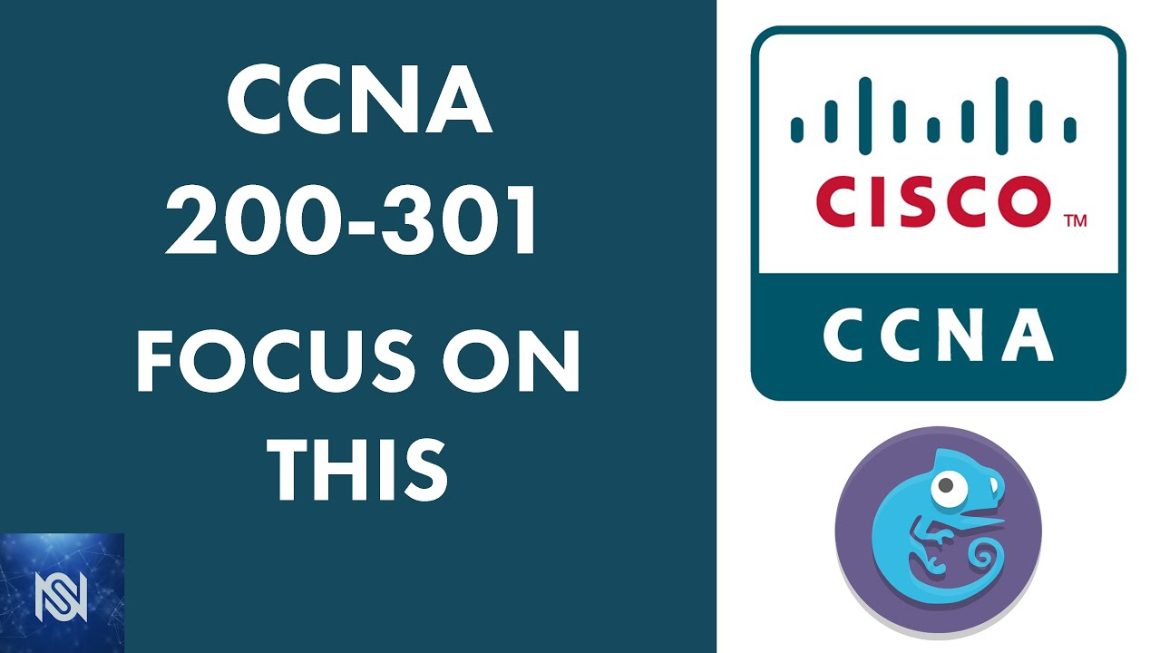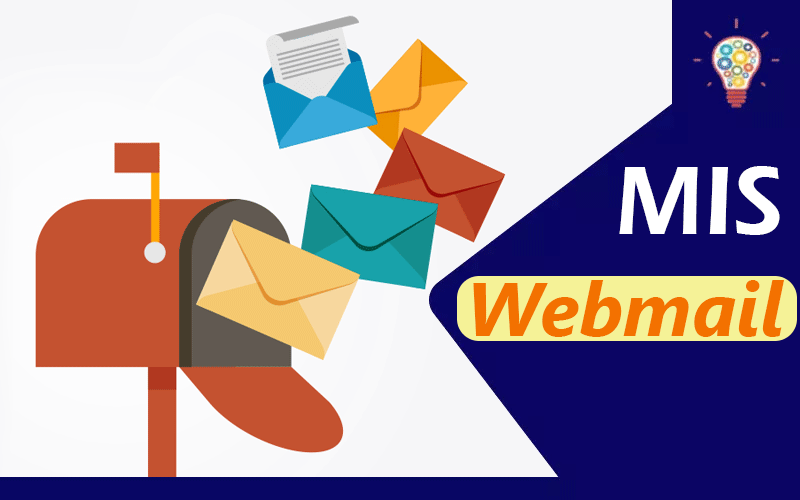While most businesses’ average time to hire is between 20 and 30 days, some industries have a much longer median time to hire. For instance, businesses in the IT, finance, management, research, and engineering sectors have median hiring times over 40 days.
These lengthy hiring times can compound already-high recruiting and training costs. To make matters worse, taking too long to make an employment offer to a highly qualified applicant can allow competitors to swoop in and steal top talent.
Fortunately, pre-employment assessment tools can make hiring easier, improve productivity, and help your organization combat the ongoing trend of extremely high turnover.
What Are Employment Assessment Tools?
The term “pre-employment assessment tool” refers to any instrument designed to evaluate the quality of an applicant during the hiring process. If they don’t use these tools, your hiring team must rely on far less accurate evaluation practices such as in-person interviews. Resume reviews and interviews provide limited insights into an applicant’s job fit, making it difficult to consistently hire the right candidates.
On the other hand, employment assessments allow HR teams to make data-driven hiring decisions. This approach translates into more consistent hiring practices, less bias, and reduced turnover.
How Pre-Employment Assessment Tools Streamline Hiring
Pre-employment assessments can enhance every phase of the evaluation and hiring process. One of the major sources of delays during employee screening is the scheduling of interviews, especially if these face-to-face meetings include an entire panel of hiring personnel. Between meetings and individual responsibilities, it is challenging to get everyone in the room with the applicant simultaneously.
Pre-employment assessments alleviate this pain point by allowing HR staff to reduce the number of interviews that they must conduct. When hiring processes rely on traditional job applications and interview-based evaluations, HR must take the time to meet with every appealing prospect.
Pre-employment assessment tools eliminate this issue by allowing HR to thoroughly evaluate each candidate without conducting interviews. HR can pre-screen candidates and remove underqualified applicants from their pool before scheduling interviews. This strategy translates into fewer interviews and a streamlined evaluation process.
Employment assessment tools also ease the pain of hiring by allowing HR teams to make job offers based on quantifiable data. They no longer have to employ subjective tactics that may include subconscious biases or other inequities. Instead, they can identify which candidates have the skills and abilities necessary to succeed at your company.
One of the most appealing aspects of modern pre-employment assessment tools is that they can be administered remotely. This remote administration means that you no longer have to invest in costly testing materials or assign HR personnel to proctor exams.
When screening applicants, HR staff can send them testing invitations via email. Each candidate can use their unique login information to complete their assigned assessment. Once an assessment is complete, the hiring team can immediately review their results. They can leverage this information to zero in on top talent.
What Types of Employment Assessment Tools Are Available?
The most common type of pre-employment assessment is a skills test. A skills test is an assessment that contains questions of various styles, such as multiple select, simple select, and true/false. Like other types of exams, participants will receive a cumulative score based on their performance.
Skills tests can measure job-specific abilities for professionals in a wide array of fields. Skills tests are available for human resources, healthcare, retail, sales and marketing, management, education, engineering, and many more. In addition, there are program-specific skills tests designed to gauge an applicant’s proficiency with software such as Microsoft Office.
There are also skills tests designed to measure soft skills. Soft skills are not directly related to a specific profession but are necessary to succeed in the organization. A few examples of soft skills tests include Matching Skills, Verbal Reasoning, and Multitasking Simulation.
All skills tests contain distinct sub-topics. After a candidate completes their assigned assessment, hiring staff can review their cumulative score and topic-by-topic performance.
While skills tests remain the most commonly used pre-employment assessment tool, many organizations have also deployed behavioral assessments to make hiring easier. Behavioral assessments provide detailed information about an applicant’s personality traits, motivations, and other attributes. This information can be utilized to predict an employee’s productivity and cultural fit.
Most HR teams find the most benefit by combining tests. When screening candidates with hard skills assessments, soft skills assessments, and behavioral assessments, a full picture can emerge. By examining this deeper portrait of each candidate, it can be simple to figure out which applicant is right for the given job.
Access Online Pre-Employment Assessment Tools from eSkill
Request a demo to see how eSkill’s pre-employment assessment tools can help you find and hire top candidates for all your job roles.


